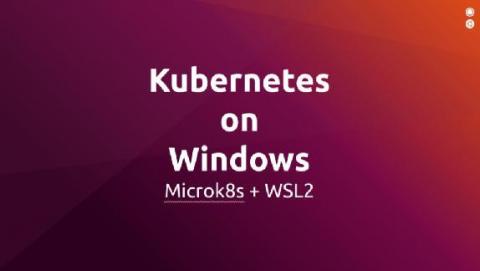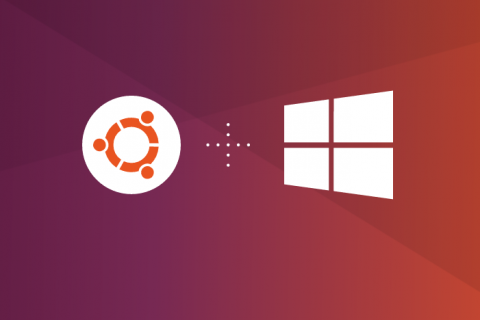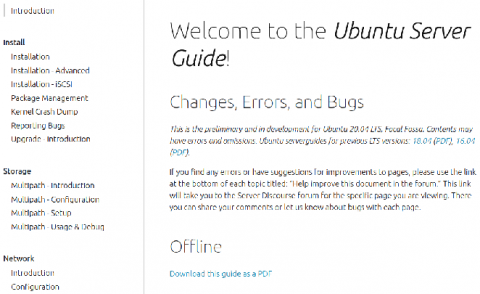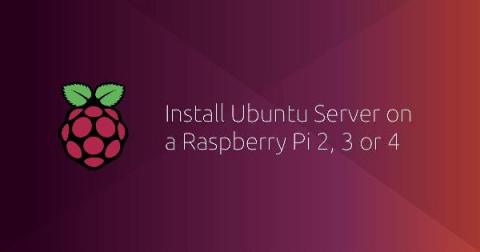Kubernetes on Windows with MicroK8s and WSL 2
Kubernetes has enjoyed an unparalleled 5-year growth that has revolutionised the IT industry. It has become a key factor for organisations to be successful and have a competitive advantage. In order to optimise these benefits, organisations look for new ways to reduce Kubernetes complexity and get interoperability with other systems. See how combining MicroK8s and WSL 2 brings a low-ops, fully conformant Kubernetes through a single-command install within Windows.










